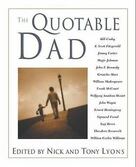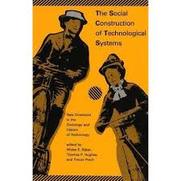
CLASSICAL SOCIOLOGICAL THEORY
Edited by Craig Calhoun, Joseph Gerteis, James Moody, Steven Pfaff, and Indermohan Virk
Blackwell Publishing, 2007, 496 pages
The work by Calhoun et al is an anthology, and covers a range of writers. It is set up sections more or less by topic. In each section the editors give some introductory thoughts on the topic, and then post extensive portions of applicable published works by sociological thought leaders. Sometimes the papers are shared in whole, other times in part, but the works themselves are the central offering more than the interpretation of the editors.
Shared in the volume is a fairly broad cross section of the base theories of sociology. Many of the works contained are extensively cited throughout academia.





 RSS Feed
RSS Feed